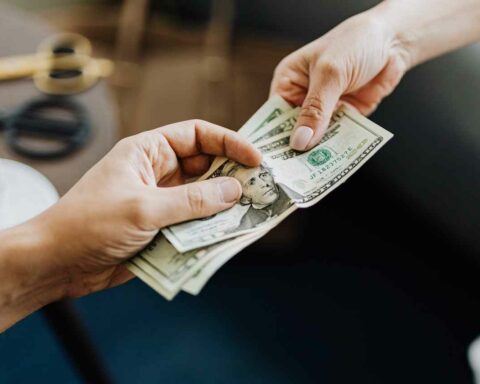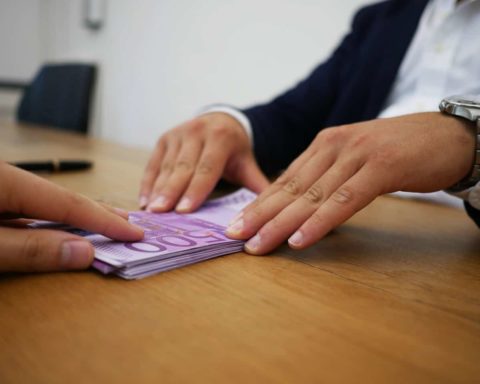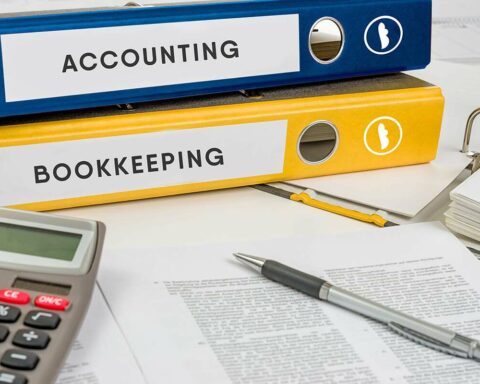You have to pay Capital Gains Tax (CGT) to the HMRC on selling an asset that has made an amount of profit. So, if you owed a second home and you are planning to sell the asset then how much will be CGT?
CHT is an amount of tax that you have to pay from the profit of selling certain possessions such as property, investments like antiques and fine art, shares, and so on. However, there are plenty of exemptions available where you can reduce or remove the liability to pay the Capital gains tax.
Moreover, there has been so much CGT where the family members are living as their primary residence. The relief from the CGT is commonly referred to as Private Residence Relief. The PRR relief applies on the property where the whole property is being used by the family as a primary residence.
If you switch homes then you can notify the HMRC which property is your primary residence via an election. So, if you want to avoid capital gains tax on second homes in the UK then follow this guide.
What is Capital Gains tax?
Capital Gains Tax is a type of tax that you have to pay to the HMRC on the sale of an investment or a property. Mostly, the capital gains tax is paid on selling a second home.
You will have to pay Capital gains Tax depending on how much you have gained as a profit from the selling including whether you gift the property or have exchanged it with another asset.
When do you have to pay CGT on selling a property?
You always need to pay capital gains tax on selling a second property when you make a profit on that including:
- Buy-to-let property
- Land
- Business premises
- Inherited property
You will have to pay CGT on second home selling when you:
- Sell the property (regardless of whether you inherited or bought that property)
- Gift (if the possession has increased its value)
- Transfer a part of that property to someone else.
How capital Gains Tax will be calculated?
The amount of CGT that you have to pay to the HMRC depends on various factors such as
- The profit you made from selling the property
- The cost of any improvement that was applied to the second home
- Your tax bracket
If you are a basic rate taxpayer then you have to pay 18% and if you are a higher rate taxpayer then you have to pay 28% as CGT.
Suppose, if you bought your second home for £200,000 and you sell the property at £300,000, you will be charged CGT on profit making of £100,000. So the rate is £18,000 for basic taxpayers and £28,000 for higher taxpayers.
But the good news is you can reduce the amount of CGT for selling the second home with tax allowances.
Annual capital gains tax allowance:
For the 2021-2022 Tax year, UK residents get tax-free capital gains up to £12,300.
That means if you make a profit on selling your second home for less than that amount or the value of the property has not increased than that of the amount, then you won’t owe anything to pay the HMRC as capital gains tax.
Couples who jointly owe assets can combine their allowances and can get a tax-free CGT of up to £24,600.
Ways to avoid capital gains tax on second home:
Depending on a few circumstances you can reduce or avoid paying the capital gains tax on selling your second home to the HMRC.
How to reduce Capital Gains Tax on second home:
When calculating how much capital gain tax you have to pay to the HMRC on a second home then there are a few things that you need to consider. These few factors can bring down the amount that you owe to pay the HMRC including:
- CGT annual allowance
- Solicitor and estate agent fees
- Stamp duty
- Costs that are linked to improvement work-for example, an extension
- Surveying and valuation cost
While calculating the CGT that you have to pay for a second home you need to deduct these expenses and then calculate.
For example, if you have paid £5,000 for solicitor and estate agent fees, £5,000 for stamp duty, and £12,333 as annual allowance; then you have to add all these expenses and deduct this amount from your profit.
How can I avoid CGT when selling a second home in the UK?
Generally, there are two possible ways where you can completely avoid capital gains Tax in the UK.
#1. Change your place of residence:
If you are looking for ways to completely avoid paying the CGT on selling the second home then the primary task you can do is to change the second residence to the primary residence.
According to UK law, if a person owns two homes then one can be used as a primary residence. He needs to nominate one home to be treated as the primary residence.
UK residents get a Tax break, which is known as Private Residence Relief (PRR) if they come across certain criteria when selling their primary residence. But this same does not apply to the second home selling.
#2. Sell the property right away:
If you inherit property and sell it right away, you might be owed to pay nothing as CGT to the HMRC. Because the property is unlikely to increase its value which may exceed your annual CHT allowance.
The UK govt. does not ask the inheritors to pay the Capital Gains Tax. The UK govt. does not ask to pay the CGT for simply inheriting a property rather they ask for it when the resident is making a large profit on selling the property.
What is Private Residence Relief?
Private Residence Relief is a capital gains tax relief for UK residents, the homeowners can completely avoid paying the CGT on property profits including CGT when selling a second home.
Selling the second home:
The PRR helps you when you sell your second home you can attain relief according to your financial gain and the period you have lived in the property. You can get relief on CGT for the last nine months you lived in the home and the entire years you lived in the home.
How do I pay the CGT to the HMRC on selling my second home?
You will need to inform the amount of tax that you owe for selling your second home to the HMRC after working out how much amount you have to pay.
You need to pay the CGT to the HMRC as soon as HMRC sends you a payment reference number by:
- Cheques
- Faster payments
- CHAPS
- Bacs
FAQ:
Is there any CGT on a second home?
Ans: If you are selling your second home then you have to pay CGT to the HMRC. But still, you can avoid or reduce it if the residence is your primary residence and you come across all the criteria of Private Residence Relief.
Is there any penalty for not paying the capital Gain Tax?
Ans: If you are late on making the CGT payment then HMRC will charge you an interest rate and also you will have to pay a penalty. The late payment penalty is 5% of CGT on selling the second home.
How long do you keep the property for avoiding Capital gains Tax in the UK?
Ans: You need to live on the property for at least two years to reduce or avoid the CGT you owe on selling the second home.
Conclusion:
Selling the second home makes you liable to pay the Capital Gains Tax to the HMRC.
However, there are certain ways that you can take to reduce or avoid paying the CGT to the HMRC. You can avoid the CGT by converting your second home to a primary residence.
If you are selling your second home then you are potentially reducing the CGT amount that you owe with Private Residence Relief and with your tax allowances.








